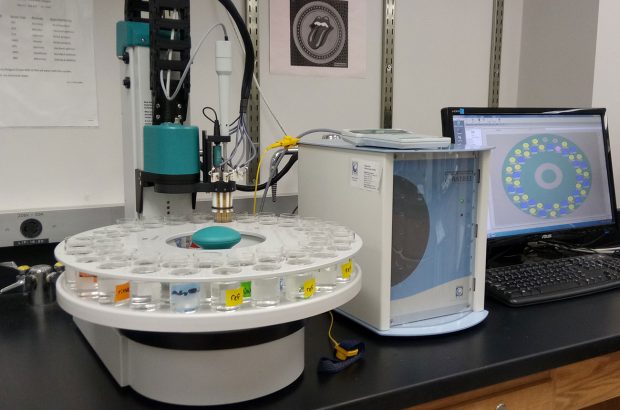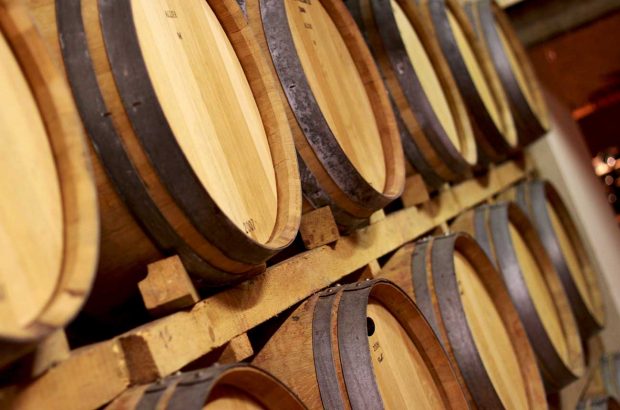Jean-Baptiste Lecaillon has said he expects more Champagne growers and winemakers to shift to organic and biodynamic methods, because of the benefits in the vineyard and in the glass.
The 2014 harvest at Louis Roederer’s Champagne vineyards
Grapes from biodynamic vineyards help Champagne to express a sense of place, Lecaillon told a masterclass audience at the recent Decanter Fine Wine Encounter in London.
Certified organic vineyards only represent around 1% of Champagne-producing vines, according to the local organic growers’ union, while figures on biodynamic farming in the region are hard to obtain.
Part of the reason for that relatively small figure may be that the regional trade body, Comite Champagne, has promoted its own environmental certification system.
Louis Roederer, producer of Cristal and where Lecaillon has been chef de cave since 1989, is believed to be the region’s largest biodynamic vineyard owner. Biodynamic farming now covers 65 of its 240 hectares, or just over a quarter of its vineyard.
‘The future will be organic and biodynamic,’ said Lecaillon. ‘The vines are stronger and [in the wine] it gives more fruit, more freshness, more depth.
‘You lose 20 to 30% of yields in the first and second year [after conversion], but after four to five years yields come back up – probably not to the previous rate, but enough.’
While some observers focus on some of the more spiritual aspects of biodynamic farming, Lecaillon said that he takes a practical approach.
‘It’s just a way to make better wine,’ he said. He added that it encourages attention to detail and critical thinking. ‘Normally, when you see a problem, you ask how you can fix it. But, in biodynamics you ask why it has happened. It’s the ‘why’ of biodynamics that is interesting.’
Related Content:
- Roederer launches first new Champagne ‘since 1974’
- DFWE 2014 video: Louis Roederer masterclass with Jean-Baptiste Lecaillon
- Louis Roederer now Champagne’s biggest biodynamic producer
Written by Chris Mercer





